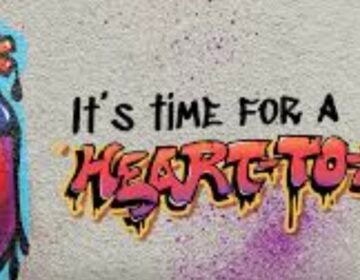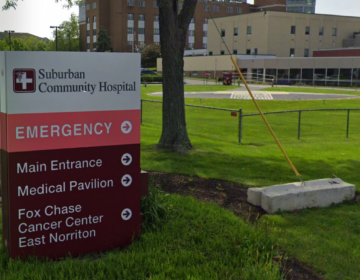Autism risk higher for child born soon after another
A Columbia University study suggests that children born soon after a sibling are at a higher risk for a diagnosis of autism.
Researchers looked at the birth records of more than half a million children in California. They found that babies conceived within a year of a previous birth were three times more likely to be diagnosed with autism than those conceived three years or more after that first birth.
Craig Newshaffer, an autism researcher at Drexel University, called the new finding a new “corner piece” of the autism puzzle. Over the past few decades, research into the disorder has focused on genetic traits; Newshaffer said this study brings needed attention to the fact that there are lots of factors that lead to the complicated diagnosis.
“Honing in on the things that are showing promise on the genetic front is very important,” Newshaffer said. “But as this paper shows there are other things that we can be thinking about, and should be looking at, as non-heritable autism risk factors.”
Researchers said they don’t know why having two children close together may lead to a higher rate of autism, but it might have to do with depleted nutrients in the womb after pregnancy.
Philadelphia psychologist Robert Naseef says he hopes the finding will provide another piece of information for parents when they are planning their families. But, as with all new autism research, Naseef said it also provides opportunity for self-doubt.
“I think there’s going to be a mixed reaction to this,” Naseef said. “It’s new information, it’s good to have, but for some moms it’s like ‘Oh my God, I did the wrong thing, I got pregnant too soon.’ “
The findings excluded families in which the first child is diagnosed with autism, so it does not provide much information for parents of an autistic child facing the agonizing decision of whether, and when, to have another.
WHYY is your source for fact-based, in-depth journalism and information. As a nonprofit organization, we rely on financial support from readers like you. Please give today.




